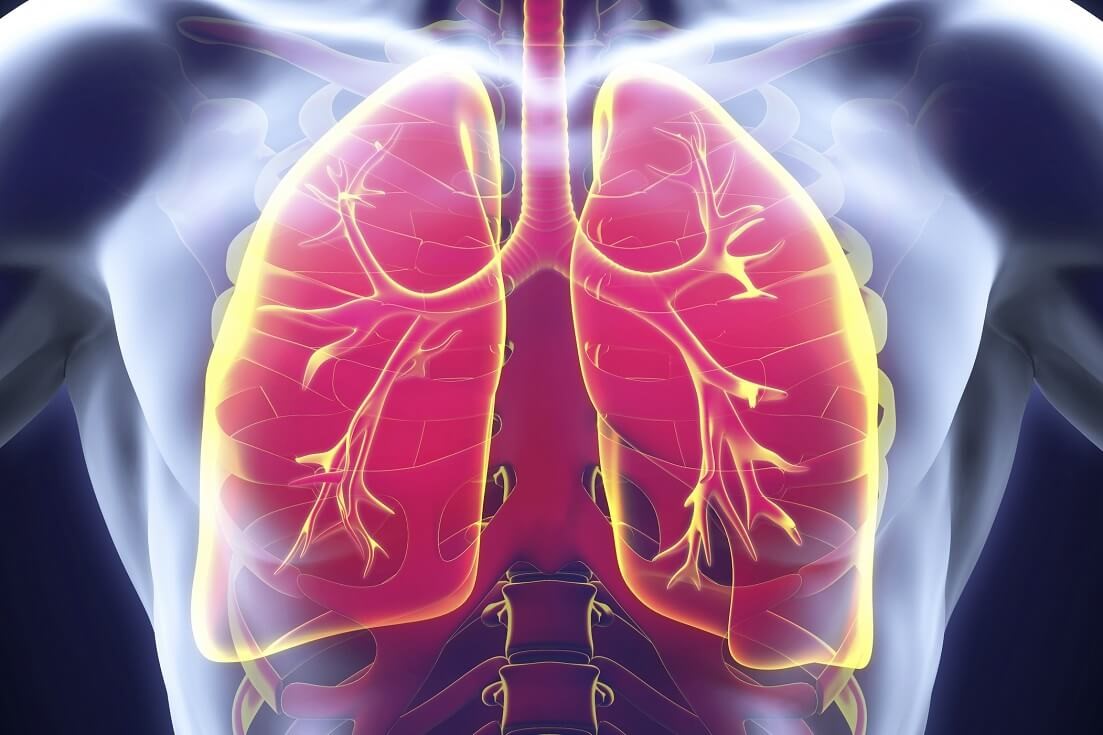
Byssinosis: causes, symptoms, diagnosis and treatment
Byssinosis is a lung disease characterized by bronchoconstriction, affecting cotton, flax and hemp workers
Byssinosis is a typical occupational respiratory disease
Byssinosis occurs almost exclusively in workers who come into contact with cotton in its raw form (ie, unprocessed and unpurified cotton), especially those who open bales and do carding.
Studies suggest that some agent present in the corolla of the cotton induces bronchoconstriction.
Long-term exposure to cotton dust was once thought to induce emphysema and irreversible obstruction, but these effects now seem unlikely in light of a number of postmortem studies which have found some degree of bronchitis but no increased frequency of emphysema or destructive changes of the parenchyma.
Chest tightness appears on the first day of returning to work after the weekend or after vacation.
In many people who complain of chest tightness, ventilatory capacity drops during the first work shift.
In byssinosis, unlike asthma which worsens with repeated exposure to allergens, symptoms and chest tightness decrease with repeated exposure and, usually, by the end of the week the subject becomes asymptomatic.
However, with repeated and prolonged exposure over years, chest tightness tends to recur and persist throughout Tuesday and Wednesday and occasionally well into the end of the week or even consistently as long as the individual continues to work.
Limited data suggest that occasionally, mild airway obstruction may occur and persist.
Beyond byssinosis: other occupational respiratory diseases
Other frequent occupational respiratory diseases that may interest you are:
- silicosis;
- coal workers’ pneumoconiosis;
- asbestosis and related diseases (mesothelioma and pleural effusion);
- berylliosis;
- hypersensitivity pneumonitis;
- occupational asthma;
- diseases from irritant gases and other chemicals;
- sick building syndrome.
Read Also
Emergency Live Even More…Live: Download The New Free App Of Your Newspaper For IOS And Android
Mild, Severe, Acute Pulmonary Insufficiency: Symptoms And Treatment
Bronchial Asthma: Symptoms And Treatment
Management Of The Patient With Acute And Chronic Respiratory Insufficiency: An Overview
Bronchitis: Symptoms And Treatment
Bronchiolitis: Symptoms, Diagnosis, Treatment
Extrinsic, Intrinsic, Occupational, Stable Bronchial Asthma: Causes, Symptoms, Treatment
Chest Pain In Children: How To Assess It, What Causes It
Bronchoscopy: Ambu Set New Standards For Single-Use Endoscope
What Is Chronic Obstructive Pulmonary Disease (COPD)?
Respiratory Syncytial Virus (RSV): How We Protect Our Children
Respiratory Syncytial Virus (RSV), 5 Tips For Parents
Infants’ Syncytial Virus, Italian Paediatricians: ‘Gone With Covid, But It Will Come Back’
Respiratory Syncytial Virus: A Potential Role For Ibuprofen In Older Adults’ Immunity To RSV
Neonatal Respiratory Distress: Factors To Take Into Account
Stress And Distress During Pregnancy: How To Protect Both Mother And Child
Respiratory Distress: What Are The Signs Of Respiratory Distress In Newborns?
Respiratory Distress Syndrome (ARDS): Therapy, Mechanical Ventilation, Monitoring
Bronchiolitis: Symptoms, Diagnosis, Treatment
Chest Pain In Children: How To Assess It, What Causes It
Bronchoscopy: Ambu Set New Standards For Single-Use Endoscope
Bronchiolitis In Paediatric Age: The Respiratory Syncytial Virus (VRS)
Pulmonary Emphysema: Causes, Symptoms, Diagnosis, Tests, Treatment
Bronchiolitis In Infants: Symptoms
Fluids And Electrolytes, Acid-Base Balance: An Overview
Ventilatory Failure (Hypercapnia): Causes, Symptoms, Diagnosis, Treatment
What Is Hypercapnia And How Does It Affect Patient Intervention?
Symptoms Of Asthma Attack And First Aid To Sufferers
Occupational Asthma: Causes, Symptoms, Diagnosis And Treatment


